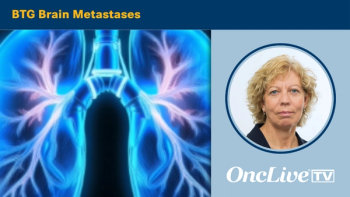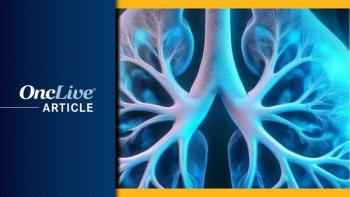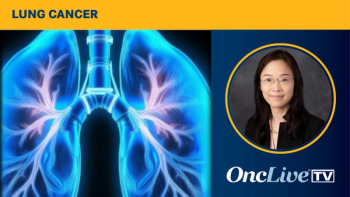
Dr. Johnson on the Clinical Potential of AMG 757 in SCLC
Melissa L. Johnson, MD, discusses the clinical potential of AMG 757 in patients with small cell lung cancer.
Melissa L. Johnson, MD, director of Lung Cancer Research at Sarah Cannon Research Institute, Tennessee Oncology, discusses the clinical potential of AMG 757 in patients with small cell lung cancer (SCLC).
AMG 757 is just one example of a novel immune mechanism that is currently being explored in SCLC, according to Johnson. Bispecifics present a promising opportunity to advance immuno-oncology in SCLC, similar to what has been done in non–small cell lung cancer with the advent of immune checkpoint inhibitors, Johnson continues. There are opportunities beyond adding an immune checkpoint inhibitor to chemotherapy in this patient population, with several innovative strategies coming down the pipeline, Johnson concludes.



































